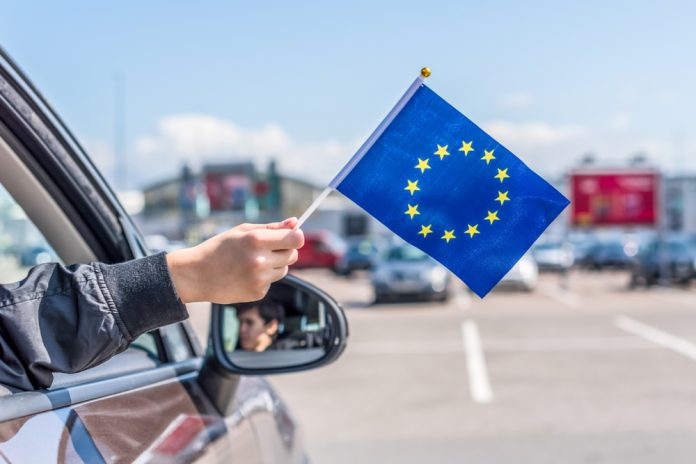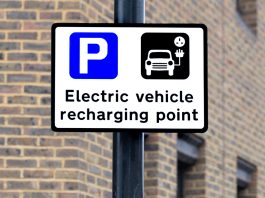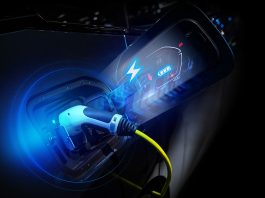The European automotive industry is at a pivotal moment, facing mounting pressure from rapid technological advancements, shifting market dynamics, and intensified global competition.
As the industry transitions towards cleaner, smarter, and more connected mobility, urgent action is needed to maintain Europe’s leadership in automotive innovation.
In response, the European Commission has introduced a comprehensive Action Plan designed to enhance competitiveness, strengthen supply chains, and accelerate the transition to sustainable mobility.
This roadmap aims to future-proof the industry by fostering collaboration, innovation, and resilience in an increasingly challenging landscape.
Commission President Ursula Von der Leyen explained: “There is so much untapped potential in the global market when it comes to innovation and clean solutions. I want to see our European automotive industry taking the lead.
“We will promote domestic production to avoid strategic dependencies, especially for battery production. We will stick to our agreed emissions targets but with a pragmatic and flexible approach.
“Our mutual aim is a sustainable, competitive, and innovative car industry in Europe that benefits our citizens, our economy, and our environment.”
Accelerating innovation and the transition to clean mobility
The EU automotive sector is falling behind in key areas such as artificial intelligence, connectivity, and autonomous vehicle technology.
To address this, the new Action Plan includes the formation of the European Connected and Autonomous Vehicle Alliance, a coalition of industry stakeholders working to develop next-generation vehicles.
This initiative will foster collaboration on shared software and digital hardware, which is essential for the future of connected mobility.
Additionally, large-scale test environments and regulatory ‘sandboxes’ will be established to provide innovators with the space to refine and deploy autonomous vehicle technologies.
Backed by the Horizon Europe Programme, joint public-private investments amounting to €1bn will support this transition between 2025 and 2027.
Further reinforcing the shift to cleaner mobility, the Commission is encouraging Member States to green corporate fleets, which account for around 60% of new car registrations.
The Decarbonise Corporate Fleets Communication highlights best practices and recommends further action to drive the adoption of zero-emission vehicles.
Greater flexibility in CO2 compliance standards
Automakers have expressed concerns about stringent CO2 targets, prompting the Commission to propose a more flexible compliance framework.
A forthcoming amendment to the CO2 Standards Regulation for cars and vans will allow manufacturers to average their emissions performance over a three-year period (2025-2027).
This flexibility ensures that short-term setbacks in emission reductions can be balanced out over the compliance period while still maintaining ambitious targets.
To boost the market for zero-emission vehicles, the Action Plan introduces measures aimed at increasing consumer confidence.
These include enhanced battery health monitoring, improved repairability, and optimised incentive schemes tailored to European consumers.
Strengthening supply chains and workforce support
Ensuring a secure and competitive supply chain for battery raw materials is critical for Europe’s automotive sector.
The EU is committing €1.8bn to enhance battery material sourcing and domestic production, reducing strategic dependencies on non-European suppliers.
Additionally, the Innovation Fund will provide further financial support to bolster the EU’s battery industry and its ability to sustain a strong production base.
Workforce challenges also remain a priority. With an ageing workforce and growing skills gaps, the European Fair Transition Observatory will assess employment trends and skills shortages to help guide future workforce planning.
To support workers affected by industry shifts, the Commission is expanding the European Globalisation Adjustment Fund for Displaced Workers (EGF), making it faster and broader in scope.
Moreover, the European Social Fund Plus (ESF+) will provide additional financial support for reskilling and upskilling programmes in the automotive sector, ensuring workers remain equipped for future job opportunities.
Strengthening global competitiveness
As global competition intensifies, the EU aims to reinforce the resilience of its automotive industry.
The Commission plans to use trade defence instruments, including anti-subsidy measures, to protect European manufacturers from unfair competition.
Simultaneously, trade negotiations with partner countries will continue, securing better market access and sourcing opportunities for the European automotive industry.
Efforts will also focus on streamlining regulations and reducing administrative burdens for automakers.
Additionally, measures will be proposed to ensure foreign investments in the EU automotive sector contribute to its long-term competitiveness rather than undermining European interests.
Industry reaction
In response to the EU initiative, the European Automobile Manufacturers’ Association (ACEA) has expressed support for the Action Plan’s focus on regulatory simplification and boosting Europe’s competitiveness, including autonomous driving.
Sigrid de Vries, Director General of ACEA, added: “The Action Plan identifies many key fields where immediate work is needed.
“The proposed flexibility to meet CO2 targets in the coming years is a welcome first step towards a more pragmatic approach to decarbonisation dictated by market and geopolitical realities.
“It holds the promise of some breathing space for car and van makers, provided the much-needed demand and charging infrastructure measures now also actually kick in.”
A roadmap for a stronger European automotive industry
The European automotive industry stands at a turning point, requiring decisive action to remain competitive and innovative.
With a comprehensive Action Plan in place, the EU is positioning itself to lead in clean mobility, advanced vehicle technology, and a robust supply chain.
By fostering collaboration, ensuring regulatory flexibility, and investing in its workforce, Europe is taking significant strides to future-proof its automotive sector and maintain its position as a global leader in the industry.









